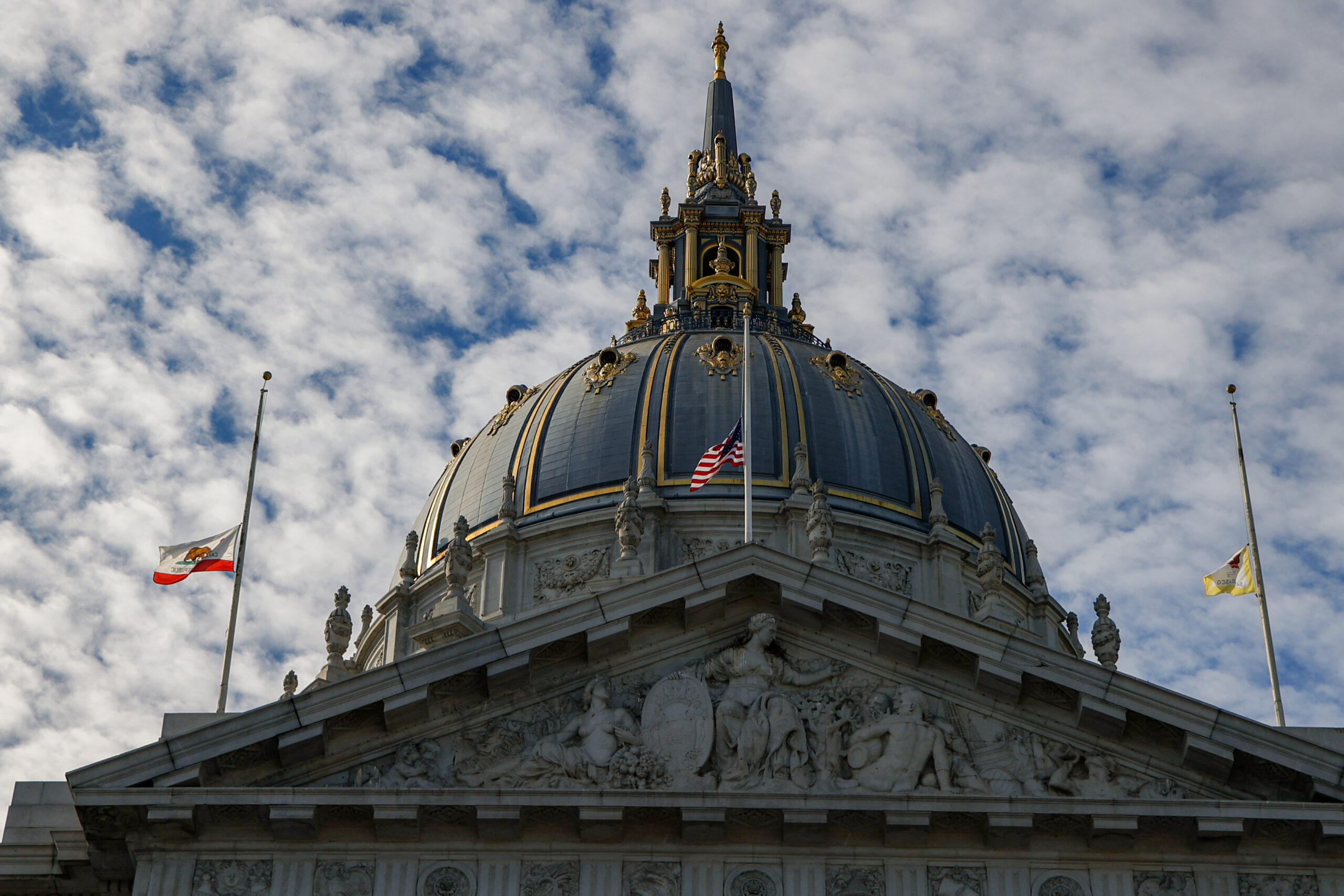San Francisco voters may soon be asked to weigh in on a series of changes to local ethics laws designed to head off the sort of pay-to-play politics seen in the corruption scandal surrounding former Public Works head Mohammed Nuru.
The city Ethics Commission is expected to decide Friday whether to place a measure on the June 2022 ballot that would broaden the rules around bribery to prevent officials from accepting “anything of value” in exchange for their influence. Currently, city officials are only barred from trading influence for “gifts,” a specific term of art that is limited to certain payments and includes a range of exceptions.
One of those exceptions means that someone could legally bribe a sibling who is a city official, for instance.
“If an immediate family member made a payment to a city official with the intent that the payment would cause the official to approve a permit application, that payment would not be prohibited as a bribe because payments from immediate family members are not considered to be gifts,” Ethics Commission staff wrote in a Dec. 7 report.
The change is just one of a number of revisions that Ethics Commission staff have proposed to address “loopholes and oversights in laws that cause them to be unnecessarily narrow, permissive or complex.” The proposed ballot measure would also expand the definition of bribery to apply to situations where the payment is made to a third party, rather than directly to the official in question.
The idea there is to prevent bribes like the $1 million federal prosecutors say Recology executives funneled to a nonprofit account controlled by Nuru, who used the money to pay for holiday parties and merchandise for his staff. While prosecutors call those payments bribes, ethics staff says they might not be considered gifts—and as a result not prohibited by local bribery rules—since the funds were not sent directly to Nuru.
The proposed ballot measure would also require mandatory ethics training for thousands of city employees who are already required to disclose their financial interests, and allow the commission to impose penalties on officials who fail to disclose certain relationships with individuals who have business before them.
The proposal is one of two potential anti-corruption ballot measures up for a vote Friday at the Ethics Commission. The second proposal would prevent most high-ranking city officials from soliciting payments to their preferred nonprofits from contractors or other individuals who seek to influence them.
However, the commission may decide not to move forward with the second proposal after the Board of Supervisors unanimously approved similar legislation Tuesday.
Reached by phone, Larry Bush, a member of the Ethics Commission, said he would have liked to have seen both proposals go into effect a year ago. He said the public would be “sickened” if they knew of all the payments made behind the scenes.
“The most important thing that we can do with ethics is that we can encourage the public to have trust in city government,” Bush said. “There is not the level of trust that there needs to be. As long as we’re not creating new loopholes, but closing loopholes, we are moving in the right direction.”
